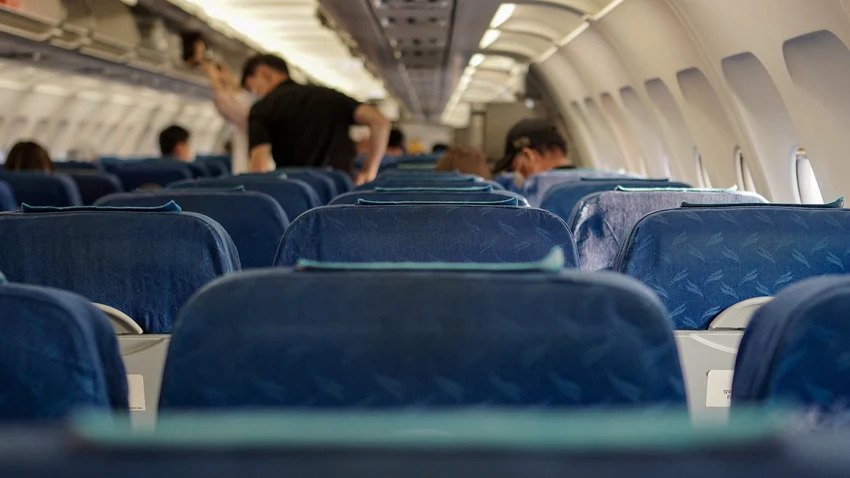The Competition and Markets Authority (CMA) of the United Kingdom is concerned that Viasat’s proposed acquisition of Inmarsat may result in much-reduced competition in the market for in-flight Wi-Fi services.
In November 2021, the two companies announced a $7.3 billion merger agreement.
The CMA stated in a statement that the agreement could result in higher pricing and lower quality for onboard Wi-Fi, as well as the exit of an important competitor from the market.
The CMA also stated that demand for in-flight connectivity is increasing, and many airlines regard it as a must-have in order to accommodate passengers’ need to stay connected throughout flights. The CMA stated that it focused its examination on the services most likely to affect UK consumers, specifically in-flight services provided by airlines.
Satellite operators like SpaceX, OneWeb, and Telesat are taking steps to supply in-flight services, and SpaceX has a contract with Hawaiian Airlines. But those services still face operational and technical barriers before they’re offered on board aircraft and there are regulatory hurdles that can’t be overcome through financing alone, the competition authority said.
The corporations have five working days to make proposals in response to the CMA’s concerns about competition. The CMA then has five working days to decide whether to accept any offer or send the case for a thorough Phase 2 inquiry.
Companies are confident in their benefits.
Viasat of California and Inmarsat of London said they are dedicated to working with the CMA to explain how their planned collaboration will benefit airlines, passengers, and enterprise customers of in-flight connectivity (IFC) services.
“There is significant interest in ubiquitous, high-performance, inexpensive IFC, thus the CMA’s decision to proceed to a Phase 2 evaluation is not surprising, even though IFC represents less than 10% of the combined company’s revenues,” Viasat CEO Mark Dankberg said in a statement.
“This is still a nascent, dynamic, and rapidly evolving business,” he said. “We intend to work closely with the CMA to show that our transaction will benefit customers by improving efficiencies, lowering costs, and increasing IFC availability around the world—and to reach a satisfactory conclusion in Phase 2.”
Inmarsat CEO Rajeev Suri said there’s no lack of competition in satellite connectivity for the aviation sector and they expect competition to be robust in the years ahead.
“In addition, the highly complementary combination of Viasat and Inmarsat will support the UK Government’s objective to drive growth by providing more jobs and investment in the UK space industry than we expect could be provided by Inmarsat as a standalone satellite communications provider,” Suri added in a statement.


